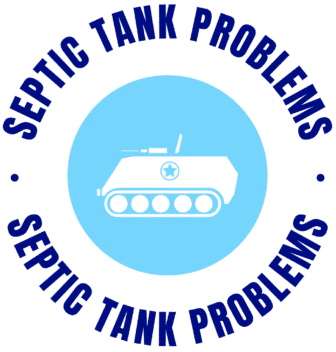Hard water can effect people in many ways and you may not even know it. Using water in everyday chores, using it for hygiene. These are just some of the ways that we use water in everyday life. Have you ever taken a shower and the soap on your skin would leave a disgusting residue? That residue is soap that didn’t rinse off properly. There is a reason for that. Hard water is to blame… Unfortunately, due to hard water, people tend to utilize more water in their day to day life. But what if there was a way to change that whole scenario. In life there is usually a solution to our every day problems. The solution here is to use a water softener. That is a brilliant thought. So using a water softener will make your life a whole lot easier than it was before….. I have a new question for you. Do water softeners harm septics? For years there has been a much debate over this topic. With this discussion there brings up more questions and answers that you might have.
1. Water softening increases the water load
It was always feared that the water softening system is activated, the water load that enters the septic will increase too much. This is not true because the water softening process is only done about two times every week. The actual entry of grey water from the washing machine is far greater than the water that comes from the water softening system. So if you use water softeners, water load from it will not overwhelm the septics. On the other hand.. It truly depend on how often a system has to run. Obviously a system that uses more water will have to be treated more often, therefore increasing the water load that goes into the system.
2. The salt discharge will kill off the bacteria
It is true that there is salt discharge from using water softeners. The answer here is both yes and no. On a system that doesn’t have to run very often the amount of salt would be very minimal. Although on a system that has to be treated more often there would obviously be more salt present in the system. Typically, the level is too low that it isn’t even enough to kill off most of the bacteria or even alter the sensitive environment of the septics. But in high enough doses, salt can kill off resident bacteria. Remember that salt is commonly used as a preservative. Preservatives help keep products to last longer, by not allowing bacteria to break down the product.
3. The salt discharge will combine with clay in the drain field and block the system
Depending on how much a water softener is being used, will determine how much salt is present in the system. Over time salt buildup can happen in the drain field and cause blockage.
4. The mineral discharge will harm the system and the drain field
When you use water softeners, minerals such as iron, magnesium, and calcium get released into the septic system. In small enough doses these minerals shouldn’t harm the septic system. If you start experiencing any troubles with your drain field, remember to talk to you septic expert.
With all these myths straightened out, homeowners like you would most probably start using water softeners. Being that careful with your septic system only goes to show how much you dedicate your time and effort in making sure that it functions properly. As you know, the septic system is your personal wastewater treatment system. It takes care of the wastewater produced by your household. You often do find you self in a dilemma every time you consider adding an appliance or using chemicals processes because of the fear that your septic system might malfunction or fail.
Do water softeners harm septics? I think that the debate will continue amongst septic experts. Hopefully we were able to clarify things about whether or not water softeners harm septics? You could already perform your daily cleaning chores much faster and much easier. You won’t have to buy soap three times a week. Or even pay a hefty amount for water usage. With this, water softeners really make your life so much more convenient. You could already have more time for your family and for yourself instead of spending the entire day slaving away cleaning everything. Now that’s living.
